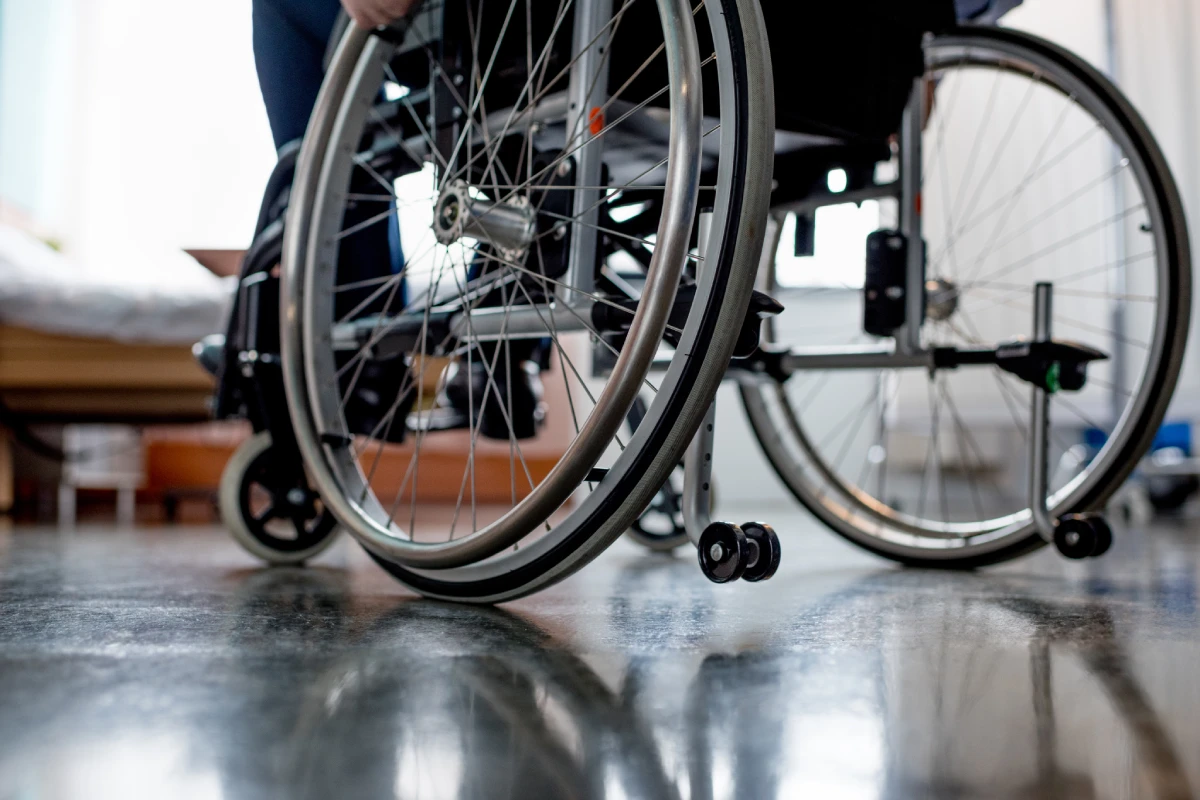The process of applying for social security disability (SSD) benefits is long and tedious. Before beginning the social security disability application, make sure you understand the process.
Initial Claim Application
The initial claim application is filed at the Social Security office. At this point, you will need to provide medical records including treatments and medical history for the last fifteen years.
- Have your doctor complete the paperwork we provided. This paperwork is specifically designed to gather all the necessary medical information needed to establish your disability. The opinion of your treating physician is the most important opinion throughout the process, as they have been the ones treating you!
- Disability Determination Services (DDS) will process your claim. DDS takes into consideration the paperwork presented by your doctor while ensuring that all information is consistent and well-supported.
- A vocational expert will evaluate your limitations and determine if a job exists which you can perform. Vocational experts take into consideration your limitations, whether they relate to standing, sitting, lifting, handling, vision, hearing, or environmental, and determine if there is a job in which you can perform successfully.
The vast majority of SSD claims are rejected at this point. If this is the case, you will want to file your appeal within 60 days. If you miss the deadline, you will have to start the process over and you could lose benefits.
Reconsideration
To begin the appeal process, you must first submit a request for reconsideration. This reconsideration is done by a different examiner within the same agency that provided the initial denial. Roughly 80% of originally denied claims will come back denied a second time. Only after this second denial will your claim be able to progress to the next step in the claim process.
Hearing Level
At the hearing level, your attorney can submit new evidence and written statements to help your case. During this part of the process, the most valuable information you have is the opinion of your doctor. Only your treating physician will be able to accurately describe your medical conditions and capabilities. The judge reviewing your case will hear your testimony and consider all evidence associated with your file. You, as well as medical and vocational experts, may be asked to testify.
Appeals Council
Your appeal must be made in writing within 60 days of the hearing decision. At this time, you may submit additional evidence and/or comments to go along with your request for review. This time, the Appeals Council will determine the outcome of your claim.
Federal Court
If the Appeals Council upholds the initial decision to deny your claim, you may file a civil suit in a federal district court. This must be done within 60 days of the Appeals Council decision. Once the civil action is filed, Social Security copies of the complaint and the summons issued by the court must be sent by certified or registered mail to the Social Security Administration’s Office of the General Counsel. Keep in mind, this action is not about proving whether or not you are disabled. Filing this civil suit is an attempt to prove that the Administrative Law Judge (ALJ) made a mistake when processing your appeal. No additional information may be submitted at this time, as the point is to prove that mistakes were made with the evidence that was already presented at the time. Hiring an experienced social security disability lawyer can take away some of the burden by providing guidance and advice. Contact the team at Rob Levine today to receive your free case evaluation!





